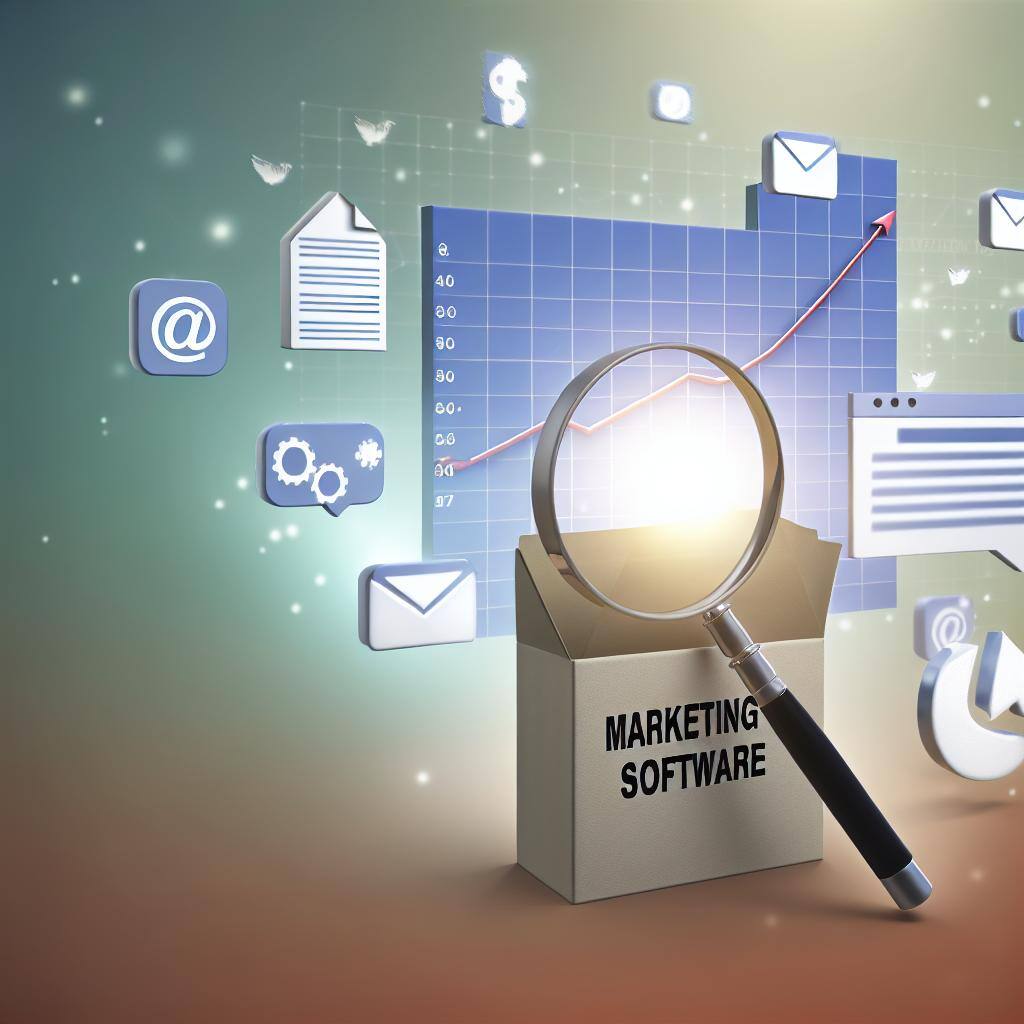Discover the key indicators signaling that the time has come to adopt marketing software to propel your business to new heights.
1. Ever-increasing volumes of customer data
The relentless growth of customer data is an undeniable sign that your structure requires sophisticated marketing software. Dealing with a growing volume of data, it becomes essential to optimize its management to truly understand and effectively serve your customer base. Automated marketing software can not only manage this information more accurately, but also enable its strategic use to personalize interactions and improve customer segmentation.
In addition, such a tool proves crucial in leveraging this data to generate relevant insights, improve decision-making and increase conversion rates. Well-chosen marketing software transforms raw data into actionable information, offering the company a significant competitive advantage.
2. Increasing complexity of marketing campaigns
The multiplication of distribution channels and the growing diversity of advertising media make marketing campaigns increasingly complex to orchestrate. When managing these campaigns manually becomes a headache, and effectiveness is threatened, the adoption of marketing software becomes a necessity. These solutions automate and centralize campaign management, ensuring greater consistency and efficiency.
Specialized software facilitates the alignment of strategies across different channels, while offering the flexibility needed for rapid adjustments based on real-time performance analyses. As a result, campaigns become more agile, relevant and, ultimately, more successful.
Specialized software facilitates the alignment of strategies across different channels, while offering the flexibility needed for rapid adjustments based on real-time performance analyses.
3. Need to improve performance tracking and analysis
If your company is struggling to assess the effectiveness of its marketing actions, integrating dedicated software is a step towards improving performance tracking and analysis. These systems offer intuitive dashboards and detailed reports that make it possible to measure the real impact of the strategies deployed.
Customizable key performance indicators (KPIs) and predictive analytics help refine campaigns and optimize return on investment (ROI). As a result, decision-makers are better equipped to make informed decisions and steer the company towards sustainable growth.
4. Seeking greater personalization in communication
In the age of mass marketing, personalization is becoming a strategic differentiation factor. Customers expect communication that is addressed directly to them and meets their specific needs. Advanced marketing software makes it possible to personalize messages on a large scale, adapting the content of communications according to customers' behaviors, preferences and demographics.
This hyper-personalization capability strengthens customer engagement and fosters loyalty, while increasing conversion rates. Brands that successfully personalize their marketing communications are the ones that stand out in a competitive market.
5. Difficulties in maintaining consistency in the customer experience across channels
Providing a consistent, high-quality customer experience across all communication channels is a major challenge. Companies struggling to maintain this consistency are ideal candidates for implementing integrated marketing software. These platforms centralize customer interactions and ensure consistent communication, whatever the point of contact.
A consistent customer experience builds trust and enhances your brand's reputation. Effective marketing software is therefore a strategic investment, as it enables all channels to be managed in a unified and coherent way, digitizing customer relations for greater satisfaction.
The most important thing is to ensure that the customer's experience is consistent.






